Data and the Future of Healthcare
The Big Data era, the impact of data science and its impact biological research and healthcare: interview with Phil Bourne.
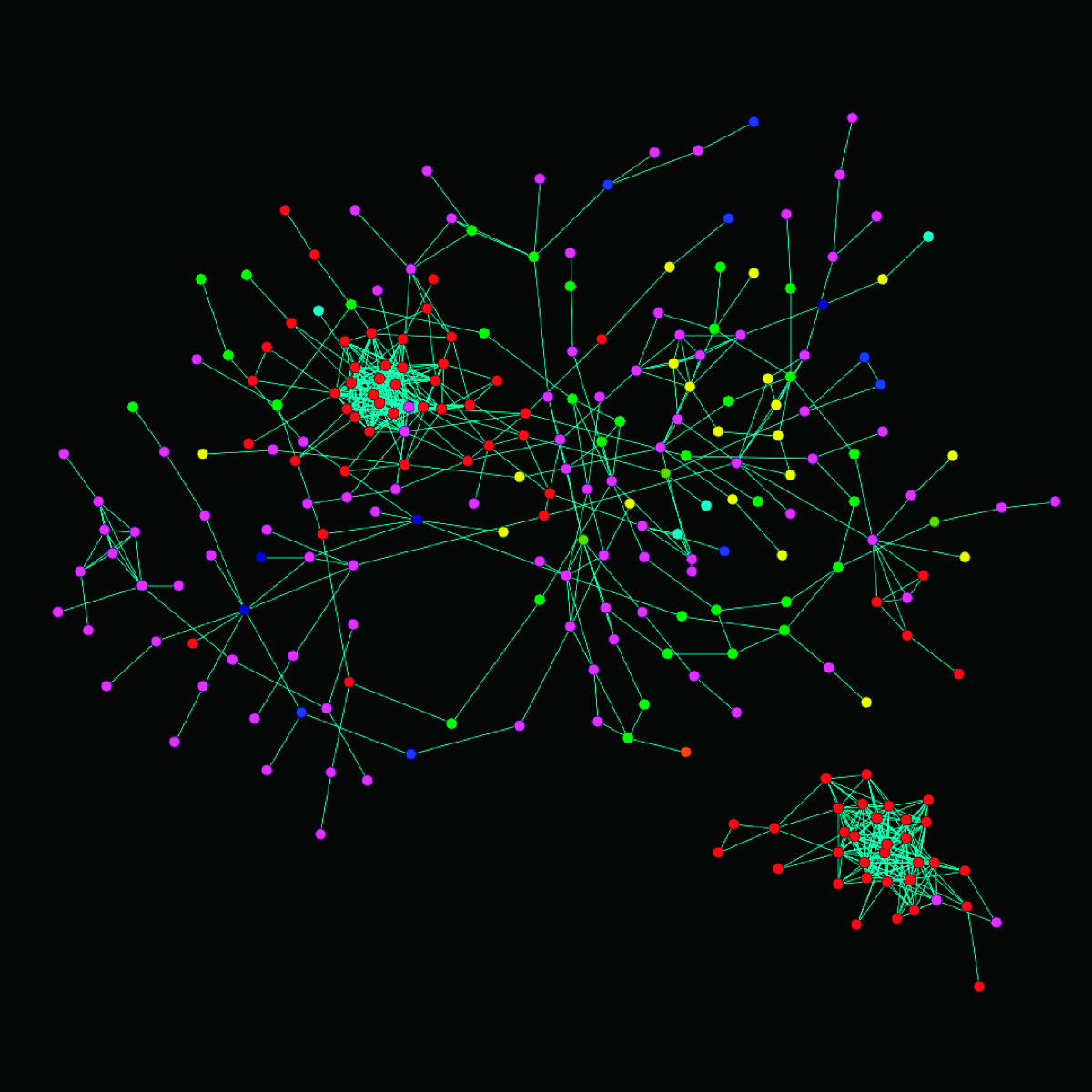
Send us a link
The Big Data era, the impact of data science and its impact biological research and healthcare: interview with Phil Bourne.

The story of La Paillasse: an open lab which aims to cut out the intermediaries and create a much more open way of doing research, enabling to fast-prototype solutions to scientific problems.
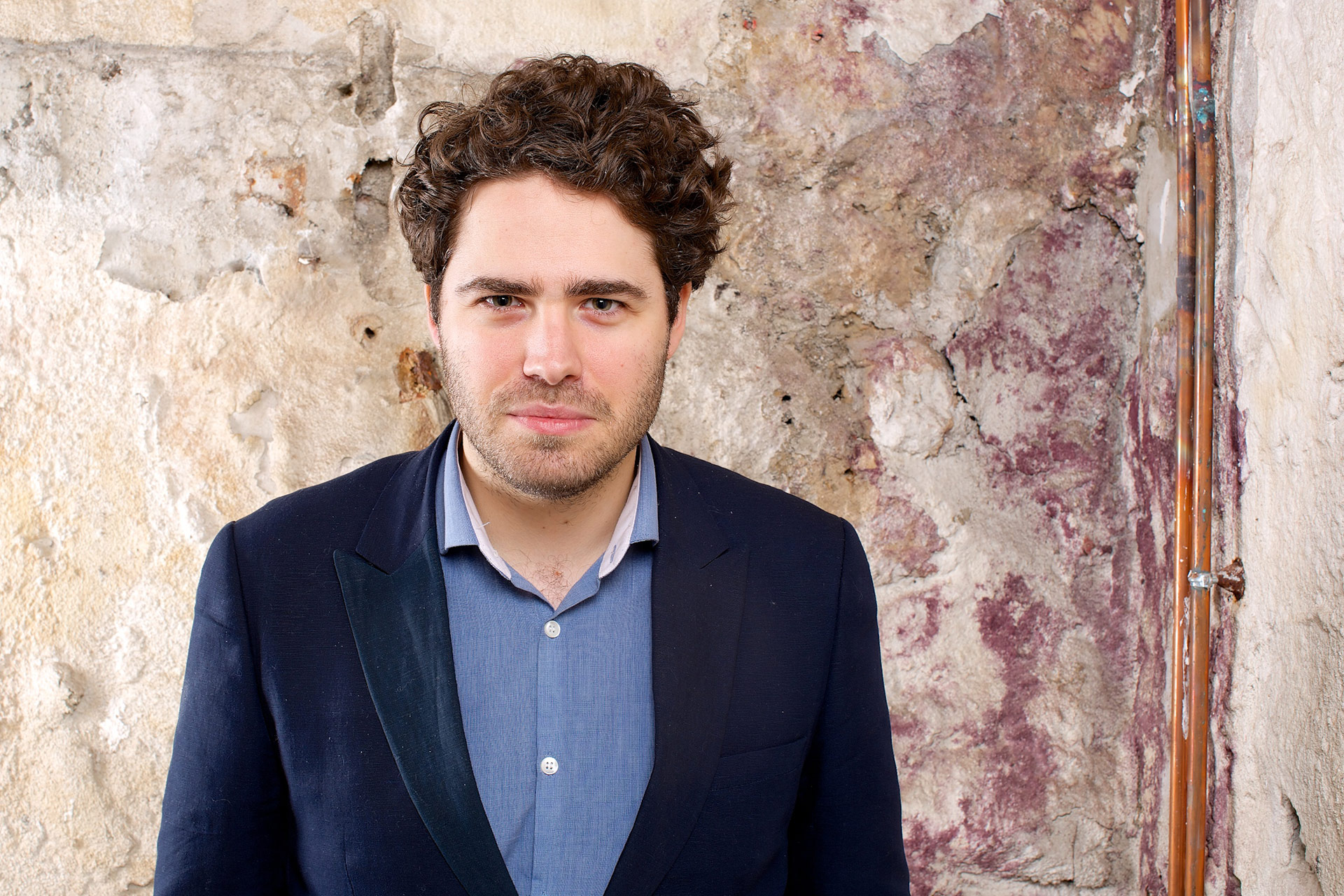
Citizen science has the potential to make science and innovation more responsible, but it is not without controversy.

Via a NASA-led citizen science project, eight people with no formal training in astrophysics helped discover what could be a fruitful new place to search for planets outside our solar system.
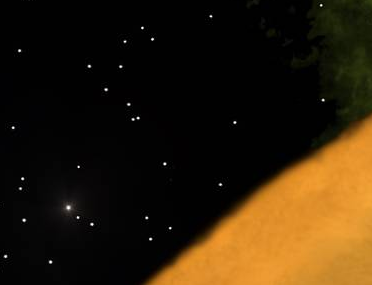
The League of European Research Universities analyses trends in citizen science, formulates actionable guidelines for scientists and gives recommendations for universities, policymakers and funders.
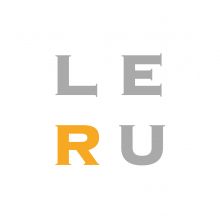
When you open politics to the public, you get direct democracy. But what happens when you open science to the public?
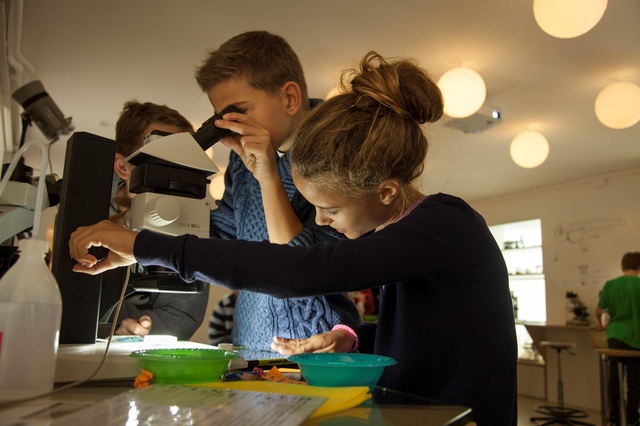
Can we as a community provide citizen scientists worldwide a chance to publish open access peer reviewed articles without significant cost through a competitive publication fee subsidy scheme where each application is reviewed by the national science funding agency?
Nonscientists should take part in discussions about research priorities and more.
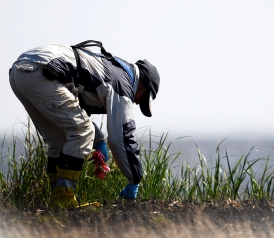
The sharing of research results, the free circulation of knowledge, and transparency in methodology are key tenets to the scientific method.
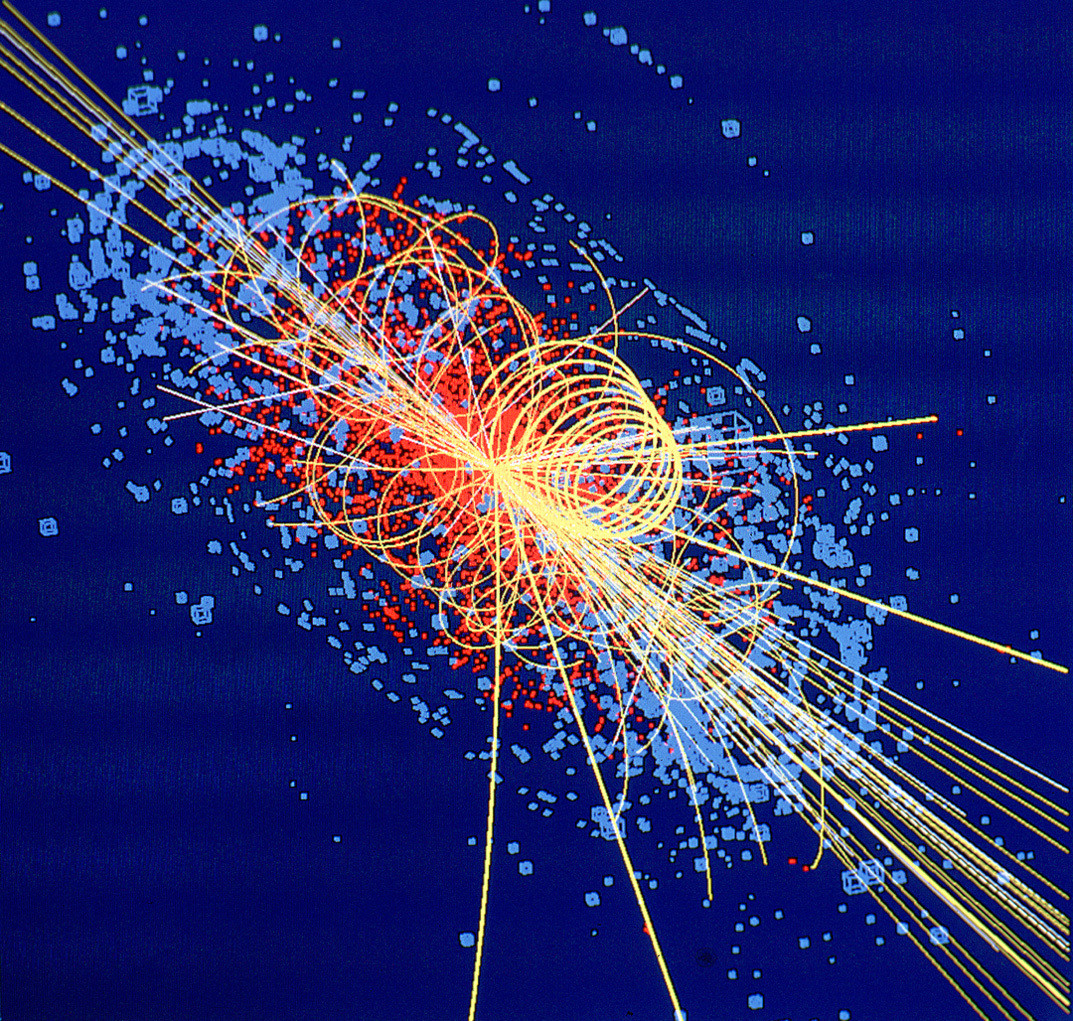
Check out Science Journal-- a digital science notebook to inspire kids and adults explore the world around them using sensors and data!
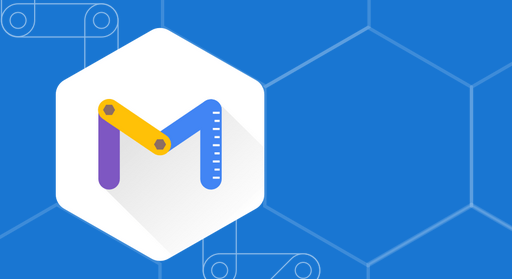
Google believes there's a scientist in all of us, so it's launching a new app that turns your phone into a powerful little research lab.
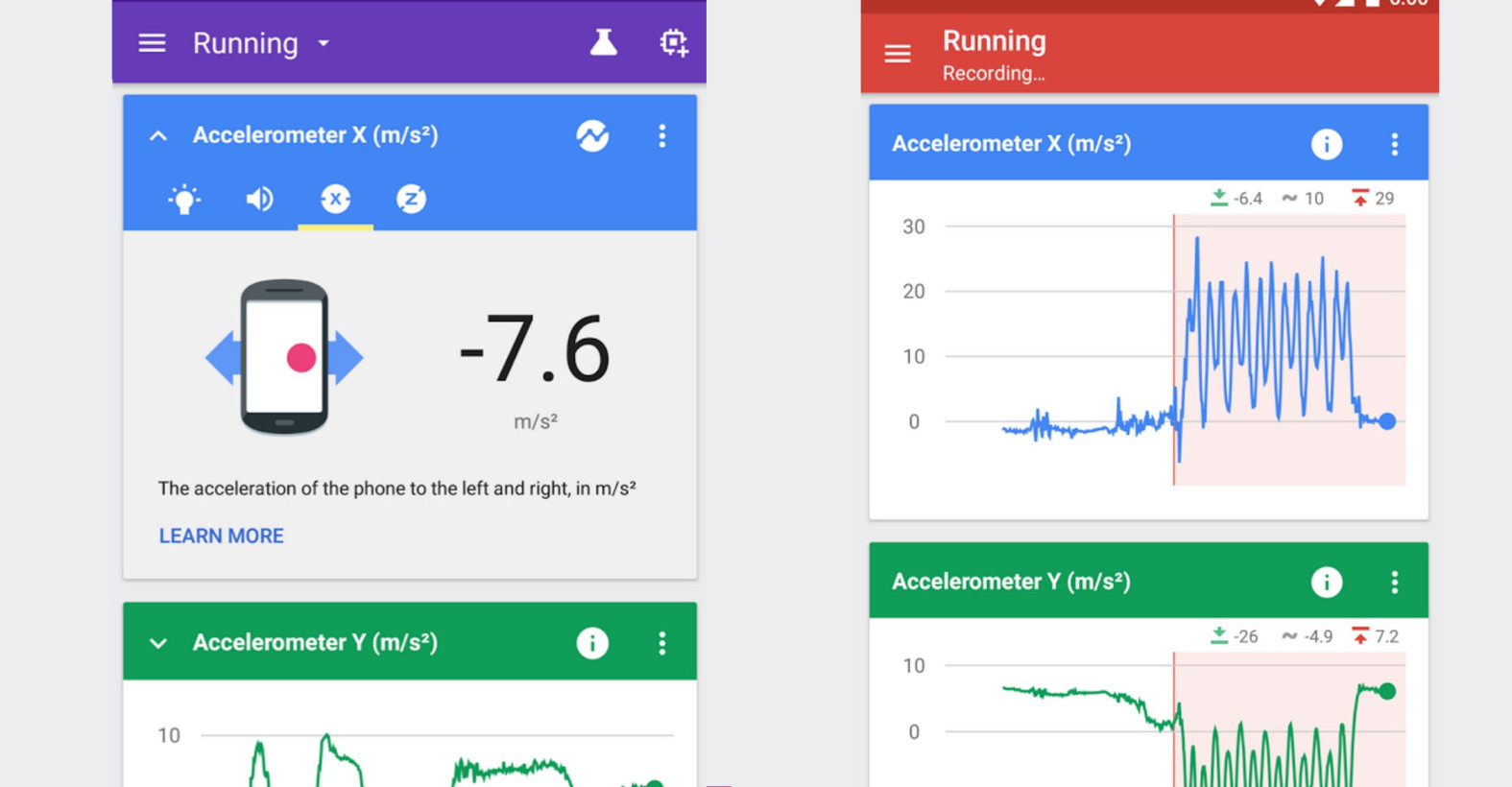
Computers are getting better and better at the jobs that previously made sense for researchers to outsource to citizen scientists. But don't worry: there's still a role for people in these projects.
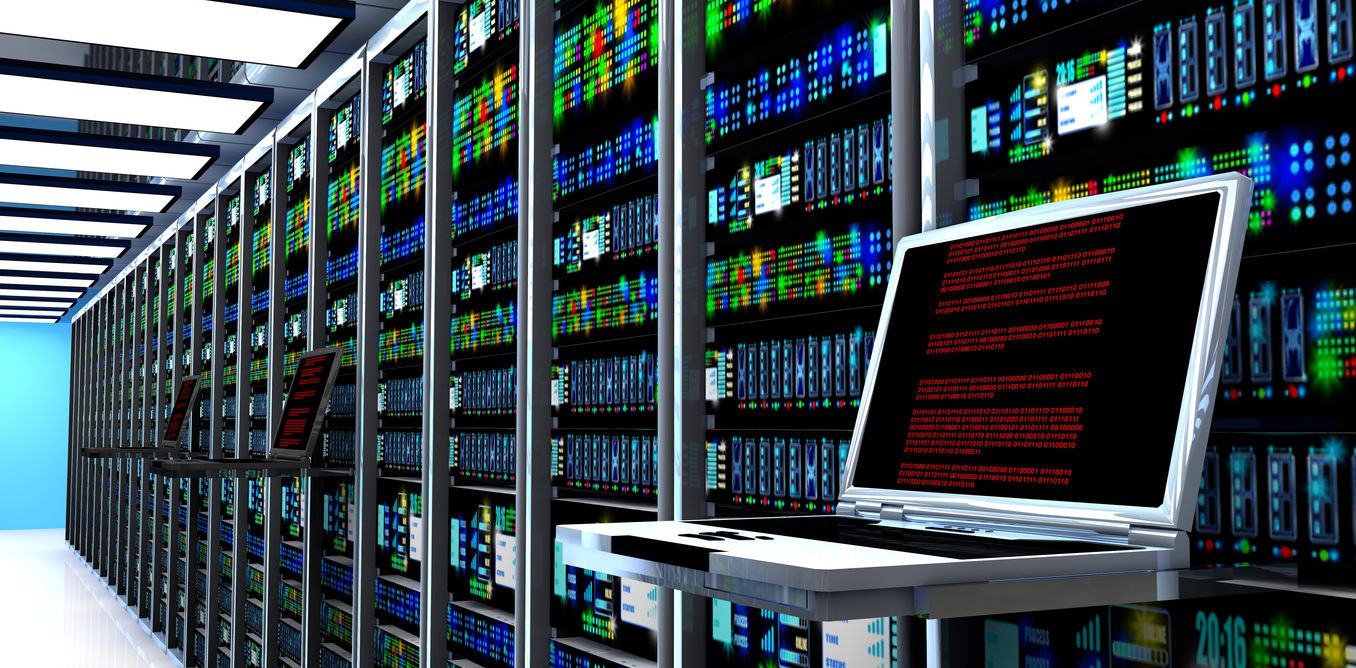
Scientists should consider engaging more with the DIYbio community.
Crowdsourcing research can balance discussions, validate findings and better inform policy.
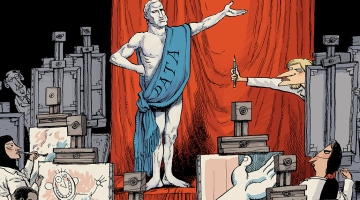
Citizen science is an innovative concept to involve the general public in scientific processes.
Amateurs are ready and able to try the CRISPR technique for rewriting genes.
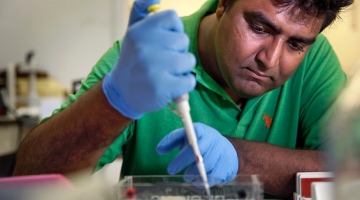
From the oceans to the soil, technology is changing the part that amateurs can play in research. But this greater involvement raises concerns that must be addressed.
The flourishing of citizen science is an exciting phenomenon with the potential to contribute significantly to scientific progress. However, we lack a framework for addressing in a principled and effective manner the pressing ethical questions it raises. We argue that at the core of any such framework must be the human right to science.
Every cutting-edge science by definition has to be DIY. The super-resolution microscopes for which this year’s Nobel was awarded couldn’t be bought in a store: Betzig, Hell, Moerner and colleagues had to build them themselves.
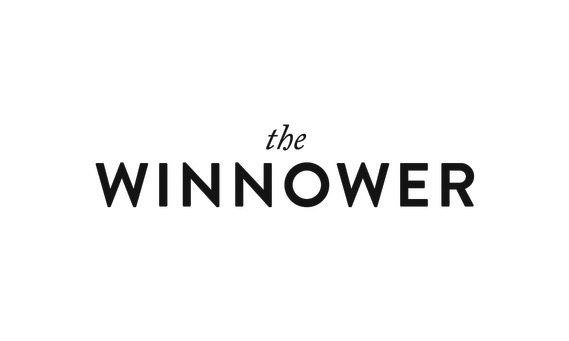
"Open Humans" project backed by Knight and Robert Wood Johnson Foundation invites individuals to share their most personal health information to accelerate medical breakthroughs.
Last week the Citizen Science Association held its first conference ever, with 600 people attending from 25 countries.